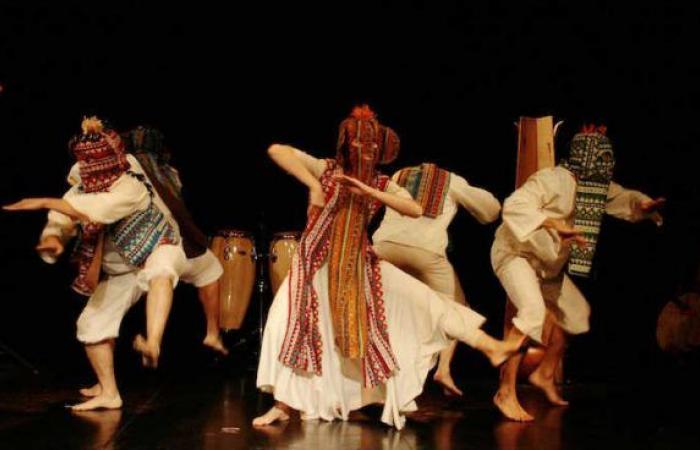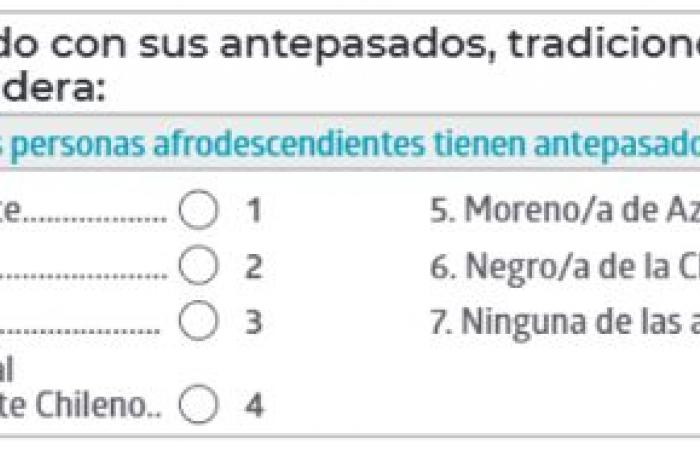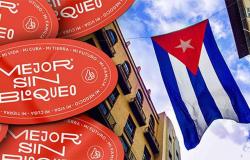“Essays on freedom. “200 years since the abolition of Afro-descendant slavery in Chile” is the title of the text that brings together a set of seven articles written by various authors.
On July 24 of last year, the first two centuries passed since the end of slavery was officially decreed in Chile. The activities that were organized to highlight that date were not many or very important; A simple search for the topic on the Internet shows this.
However, with the support of the Alberto Hurtado University, through UAH Ediciones in its History collection, the book I am commenting on was published in March of this year. The initiative for its publication corresponded to the “Afro-Coquimbo Project: the history after oblivion.”
The call made at the end of 2022 did become evidence that it is a relevant issue, not only for part of the academy, but beyond university classrooms. The 4 members of the project, who acted as editors, are Montserrat Arre; Luis Madrid, Andrea Sanzana and Rafael González.
In the presentation of the book – as a prologue – Sanzana and González maintain that “in recent years, a growing interest has emerged in the study of the Afro-descendant presence in Chile. “This interest has motivated numerous researchers to investigate this memory that had remained forgotten and neglected for a long time.”
The Afro-Chilean presence has been ignored, unknown or made invisible since the years of the Old Homeland, when the first steps were taken for the official abolition of slavery in Chile. Low numerical importance of slaves in the country, little weight in the national economy of the time or absurd factors, such as the cold climate, have been some of the arguments put forward in different periods and by various spokespersons to convince us that there are no Afro-descendants in Chile. .
To show two more or less recent buttons: “Thanks to the characteristics of the Chilean climate, the black race has not developed,” stated General Augusto Pinochet, who was the leader of the military coup of 1973. And Ricardo Lagos, his staunch opponent, He did not contradict him on the point: “in Chile there are no blacks because they died of cold,” said President Lagos in 2000.
Although most of the nine authors of this publication have training as historians, with postgraduate degrees in the discipline, they approach their texts from various perspectives or approaches: feelings and emotions; the legal aspects; the economic; the forms of struggle for the end of slavery, etc.
“This book represents a valuable contribution, not only because of the content of each of the essays, but also because when analyzing them together we are presented with various perspectives to address this topic,” in such a way that it invites us to “question traditional interpretations.” about these processes of almost 300 years of slavery and the struggles for its abolition, presenters Sanzana and González argue.
This literary work could be mandatory reading, from the point of view of the quality of their professional work, for all history teachers, especially those dedicated to teaching the history of Chile. It should also be recommended reading for students at the 11 Chilean universities that teach history and geography pedagogy.
In recent weeks we have been witnesses and participants of the XX National Population Census and IX Housing Census 2024, carried out by the National Institute of Statistics (INE) and which ends on June 2. This census includes a question (number 29) that allows people to self-identify as Afro-descendant. In the opinion of the activists, this is a reflection of the progress towards greater inclusion and recognition of the community that is today known as the Chilean Afro-descendant Tribal People, which has had legal recognition since 2019.
The results of the Census – which will take a few months – will probably allow us to quantitatively measure the importance of the Afro-descendant presence in our country. Knowing and recognizing the quality of this presence in our culture and identity are aspects that will take even more time.







